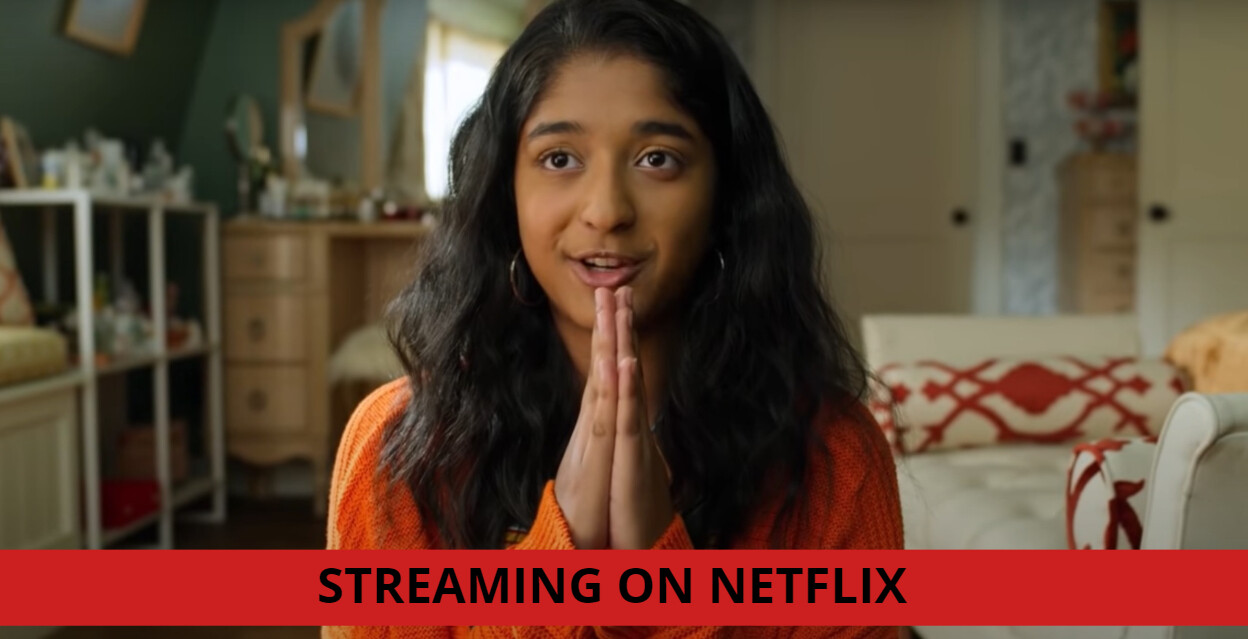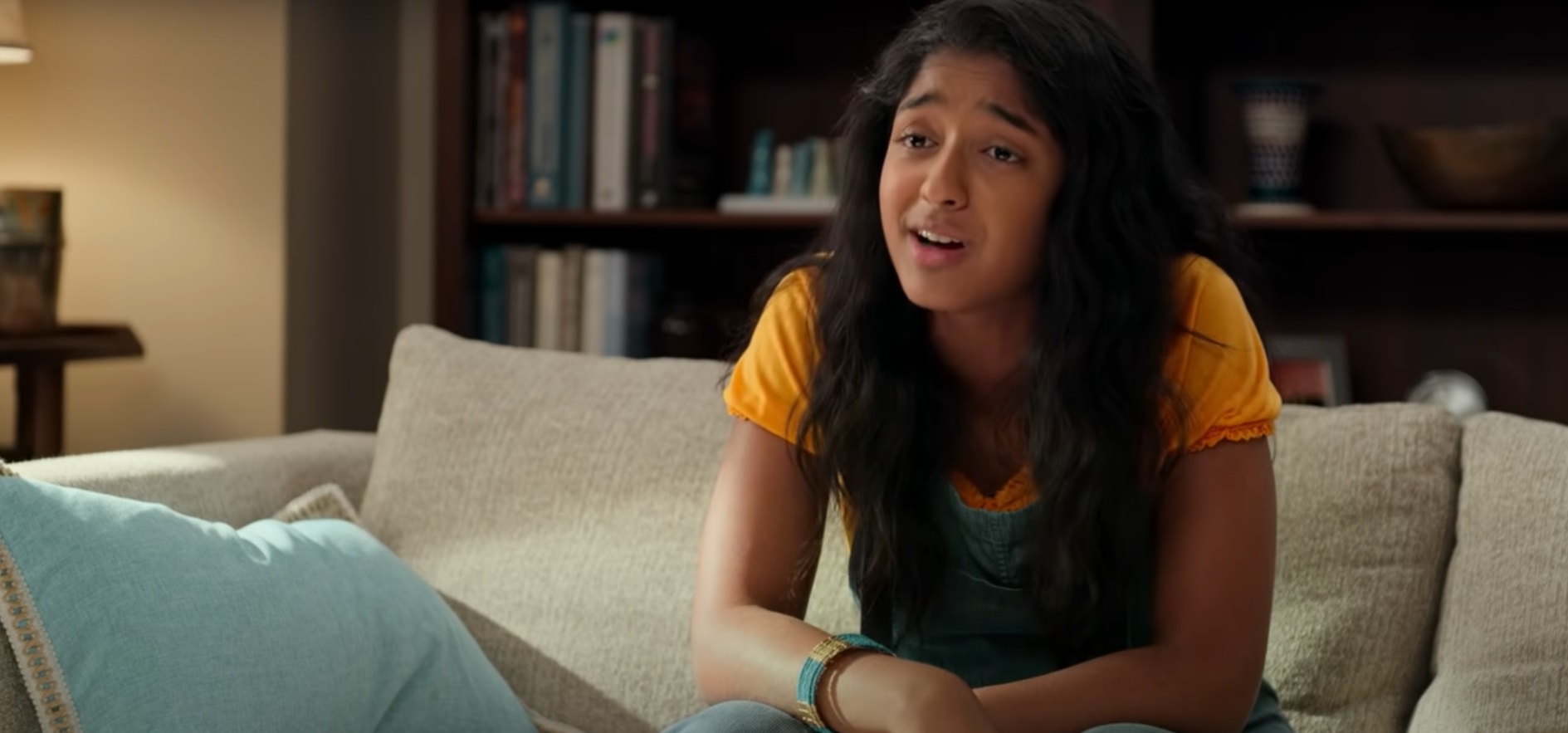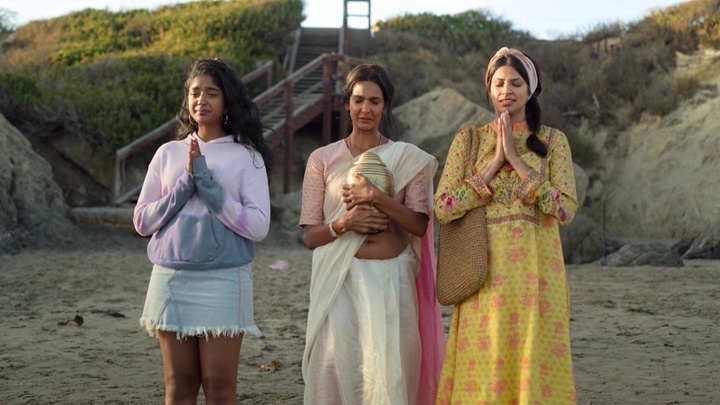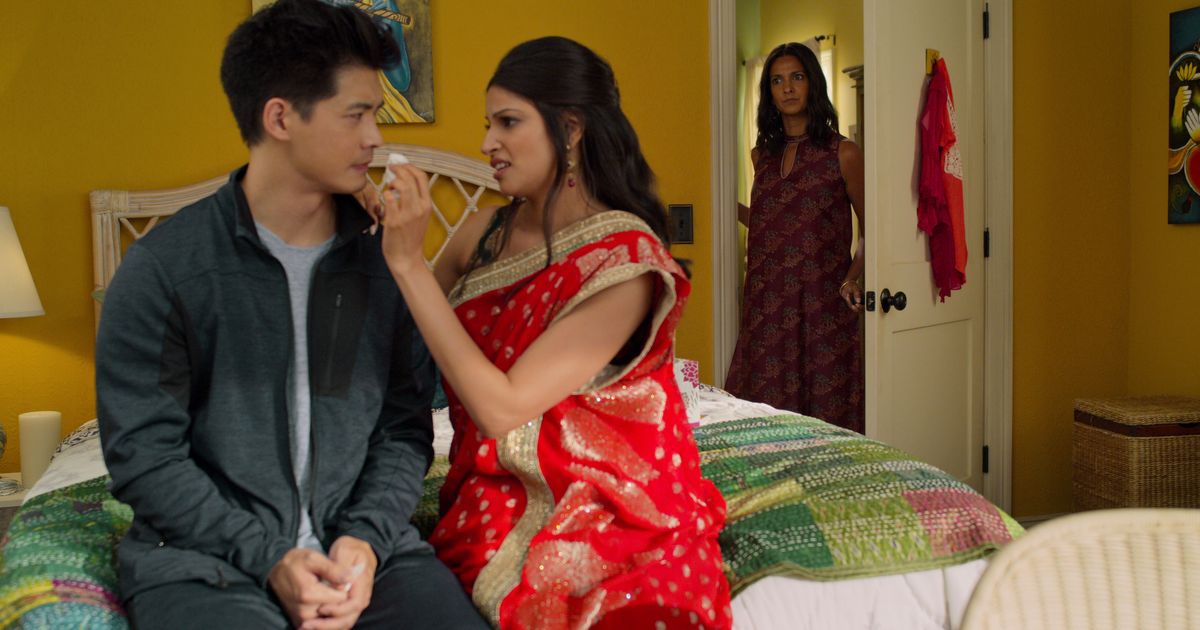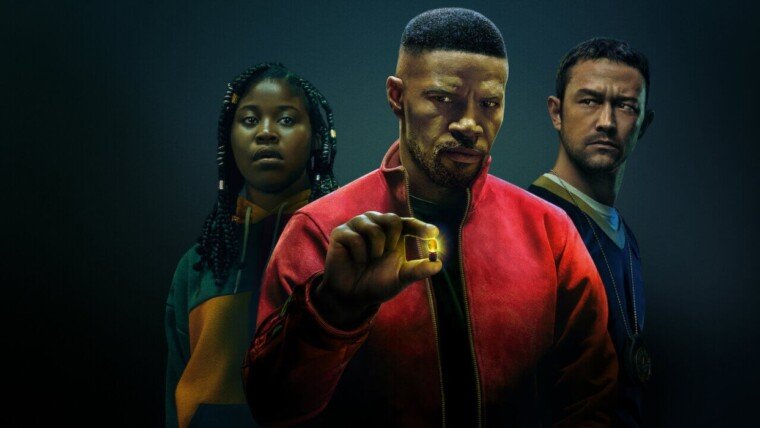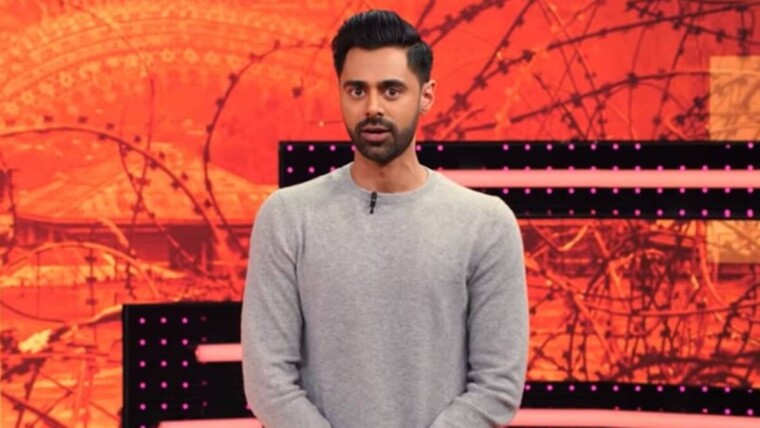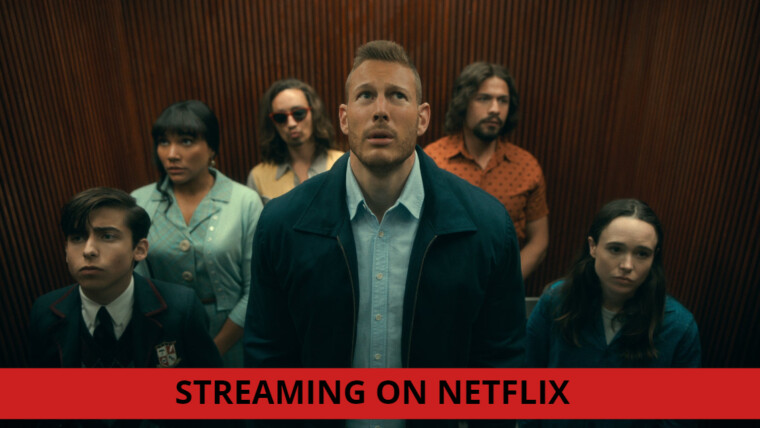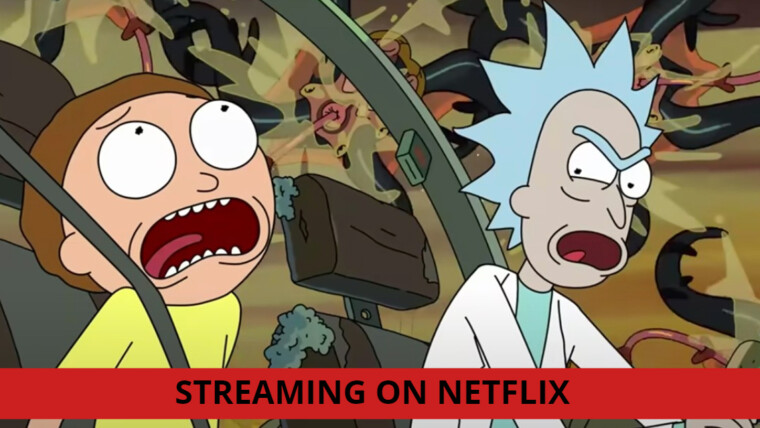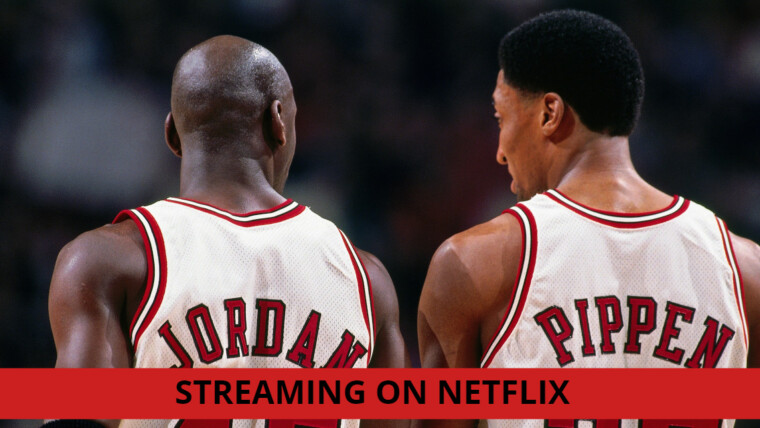The portrayal of Tamil girls in mainstream cinema has always been criminal, and the Tamil film industry has always proudly been the Pablo Escobar of this atrocity. There, women often operate in two extremes. In musical numbers, they are hypersexualised objects who dress skimpily and possess hip-shaking abilities that would make even Shakira jealous. The gaze is always unapologetically male — the camera frequently lingers on the actresses’ hips and bare naval region. Outside of the song numbers, they’re hyper domesticated objects who are virginal goody-two-shoes, completely covered from the neck down, jasmine flowers tucked in their hair and whose sole purpose of existence is to get married to the “hero” and cook for him. These characters are based not on real, living breathing women (not the ones I know at least), but on a shallow misogynistic fantasy steep in patriarchy.
[A short aside: Tamil cinema as a whole has been undergoing a major transformation of late. With younger, liberal feminist filmmakers such as Pa. Ranjith (Kaala), Vetrimaaran (Vada Chennai), Karthik Subbaraj (Iraivi) and Thiagarajan Kumararaja (Super Deluxe) in the driver’s seat, the industry has, over the past five years or so, given us a slew of female characters that shatter conventional stereotypes of the Tamil woman. Other notable films include, Arun Prabu’s Aruvi and Anita Udeep’s adult-comedy, 90ML, the latter of which shook the very fabric of Tamil Nadu for its portrayal of women in their 20s and thirties smoking and drinking recreationally as well as having open conversations about their breast sizes and underwhelming sex lives.]
In Western cinema and television, Indian women face a slightly different problem: They don’t exist, not even as comedically accented cab drivers. Apart from Mindy Kaling and more recently Priyanka Chopra, representation of Indian women have been scarce, forget dark-skinned Indian women of Tamil descent. Which is why the very existence of Mindy Kaling’s Never Have I Ever feels like a triumph in and of itself. But is the series any good? The reviews have been polarising, especially among the Indian community. Personally, I found myself swooning over the series right from the very first episode, despite its noticeable blemishes.
The introduction is perfect. The camera slowly pans downwards across an altar with pictures and statues of Hindu gods, a Geometry book placed beside them. Our lead character, Devi Vishwakumar says, “Hey Gods! It’s your favourite Hindu girl in the San Fernando Valley. What’s a-poppin?” She then proceeds to pray for a number of things starting with being invited to a party with alcohol and hard drugs. Not because she wants to do them, but because she wants to say, “No cocaine for me, thanks. I’m good.” She also wants her arm hair to thin out and a boyfriend who’s a stone-cold hottie who can bone her brains out all night long. I picked myself up from the ground, buckled my seatbelt and thought to myself, that has got to be the most relatable teenage prayer ever. I’m not much of a religious person now, but when I was in high school, my prayers consisted of 20% getting good grades and 80% getting a hot girlfriend. (The gods, probably realising that I do not have my priorities in order, gave me neither. Of course, it’s Mr Ganesha’s fault and has nothing to do with me skipping classes and having less than stellar social skills.)
This opening 60 seconds alone, felt rejuvenating. As someone whose window to the world has always been cinema and television, I imagined how liberating it would’ve been for 15-year-old Dashran had this series been released 12 years ago. I pictured how excited I would’ve been to see a brown teenager on TV who talked like me and thought like me. How enlightening it would’ve been to see a brown girl on screen who openly conversed about “taboo” subjects, just like a guy would. Side note: I went to an all-boys school from primary 1 until secondary 5, and most of my cousins are guys, so “girls” were more of a concept than actual human beings. And, my only on-screen exposure to young brown girls was from Indian movies, and in 2008, that’s like saying my only exposure to music was William Hung. But I digress.
A lot of what makes Never Have I Ever good, is how relatable it is to me as an urban, English-speaking Indian. The Ganesh Puja episode isn’t comedy — though it is fu*king hilarious — but a documentary. “Aunties,” Devi says, “are older Indian women who have no blood relation to you. But they’re allowed to have opinions about your life and all your shortcomings. And you have to be nice to them because you’re Indian.” If you’ve been to large Indian weddings, you’ll know how true to life this is.
One second you’re sitting in one corner talking to your cousins about football and the next, your mom calls you from two tables away because some aunty who apparently saw you when you were “this small” (they use their hands to gesture the size of a loaf of bread) wants to know what’s been going on in your life all these years. One of two things always happens. Either your parents start listing off all the shit you’re involved in right now (i.e. studies, extra-curricular activities, how you just partook in a Taekwando competition, etc.) as if that ‘aunty’ who you frankly do not recognise nor give two hoots about, is headhunter working for Jobstreet, or, they talk about how you don’t help out in the house, complain about taking out the trash, get mediocre grades and are overall “not even worth two cents.” Either way, you don’t want to be there at the stupid wedding.
And if you’re wondering why I “chose” to go to the wedding in the first place, let me just say, as an Indian, you don’t have a choice on the matter until you’re about 24 years old. I mean, sure, you can argue about it with your mom for about a solid 5 minutes, but at minute 5:01, your mom escalates the matter to your dad and then you’re truly f**ked. Oh and that part at the Ganesh Puja episode where these ‘aunties’ start behaving like they’re living breathing dating apps? Also, real. The ingenious bit of visual comedy where the camera zooms out a little and you see an out-of-focus old man sleeping on the chair in one corner? True to life, as well.
As a guy approaching his 30s, one of the most relatable characters in Never Have I Ever is Devi’s distant relative/family-friend, who she bumps into also at Ganesh Puja. He talks about how he hated his “Indian-ness” as a teenager, but has grown to be proud and comfortable with his skin and culture. It reminded me of the struggles I had with my identity growing up as an English-speaking Malaysian Indian, which I’ve written about in the past here. The fact that Devi would take a pause before just shrugging off whatever her distant relative/cousin said makes sense. It’s what I would’ve done too, as a 15-year-old who thought being ‘white’ was the coolest thing ever.
Devi is easily the best part about the series and Maitreyi Ramakrishnan is splendid as the character. Whenever Never Have I Ever is focused squarely on her — her issues, her friends, her view of the world — it ranges from good to absolutely fucking great, both in comedy and drama. And you don’t have to be an Indian to appreciate it. A lot of what she goes through is universal.
PAUSE. **Narrator’s voice** As much as I love all the high school stuff in the series, I do have to point out that the spectrum of diversity in the series borderlines self-parody. Not only are two of her best friends also from ethnic backgrounds, one of them is gay. Paxton, the dude she has a crush on is white-Japanese with a sister who has Down syndrome. Her therapist is black. Devi was once wheelchair-bound. This has either gotta be the most diverse high school/City in America or Mindy Kaling and co-creator Lang Fisher wanted to tick as many boxes as possible. It’s not a major criticism, it’s just odd.
UNPAUSE.
I love the shenanigans Devi gets up to such as sneaking off to a party and consuming alcohol behind her mother’s back. I love the fact that despite these shenanigans, she’s never presented as a bimbotic diva, but a highly intelligent girl who wants to get into Princeton. I love the exploration of friendship. I love that her arch-nemesis, Ben, isn’t an insufferable white teenager, but Devi’s equal in school — he’s just as intelligent and just as competitive. I love that I am totally on board the whole ‘Team Ben vs Team Paxton (Japanese-white jock with glistening six-pack abs)’ war that’s going on on social media. (For the record, I’m 100% Team Ben.)
I adore Devi’s late father, played with such warmth and composure by Sendhil Ramamurthy. And I absolutely love the journey Devi goes on with her mom. I mean which 15-year-old, in a moment of teen angst and anger, has never wished their controlling parents would just drop dead? And which parent, in a fleeting moment of sheer frustration, hasn’t wished their kid was never born? By the end of the series, I was a weeping mess.
But Never Have I Ever is far from perfect. When the focus shifts from Devi and her highschool mischief to the adults, the series fumbles and plops to the ground like a horse whose legs have been sliced off by a Dothraki Screamer. A lot of the series’ most troubling issues centre around the character, Kamala, Devi’s older cousin who hails from India and has been pursuing her tertiary education in the States for a few years. Kamala is a poorly conceived, horribly written, head-scratcher of a character that makes less sense than a purple sun rising in the west.
Her family wants to arrange a marriage for her, with a guy from India. She has an American-Chinese boyfriend, a peer from her university. One day, she meets a Hindu divorcee, who was once in a love-marriage with a Muslim man, and whose entire family, including her parents, have disowned her because of it. Kamala asks the woman if she’s happy with the decision she made at the time, despite the circumstances. The woman says she regrets it big time and instead should’ve married the man her parents had suggested.
This is a disgustingly racist notion even without taking into account the very real turmoil between the Hindus and Muslims in India. But this scene isn’t necessarily a problem in and of itself. I would argue that it’s less of a “message” and more of a realistic portrayal of how racist/discriminatory some Indian parents can be. But I have to ask, where is the corresponding scene where Kamala refutes this statement by talking about how she’s in love with a person of a different race/religion, who is kind and understanding? Where is the corresponding F-U to bigotry? What we actually get is Kamala breaking up with her Chinese-American boyfriend and happily agreeing to go on a date with the Hindu man her family sets her up with, reinforcing religious discrimination in the process.
In fact, Kamala as a whole is a ridiculous caricature. At one point she tells Devi, “What do you want to watch? I found a Bollywood movie about a princess who falls in love with a lowly street sweeper. It’s only seven hours long!” Not only is it a shitty line that’s not funny AT ALL, it makes absolutely no sense for someone with deep Indian roots — someone who grew up in India — to poke fun at Indian movies like that. That’s the kind of shit an ignorant white person would say.
Wouldn’t it have made more sense for the American-born Devi to utter that line, only to join Kamala one day as she’s watching Mani Ratnam’s Thalapathi, be blown away and change her perspective? We didn’t see the Constance Wu character take a dump on MahJong in Crazy Rich Asians, did we? I also had a conversation with a friend yesterday, who brought up an interesting point. Why does Devi’s mom, an educated immigrant in her 40s, sometimes behave like an immigrant of a generation before hers? Also, why are the Indian accents so widely inconsistent?
Look, I still enjoyed the heck out of Never Have I Ever. It made me laugh out loud, it made me cry and its very existence warms my heart. But at times, it also feels like it’s written by a white-washed Indian who grew up in America and never bothered to understand the nuances of Indian culture. Oh, wait… I just described Mindy Kaling. Maybe that’s why she gets Devi absolutely spot on and the adults alternate between characters and cartoons.

